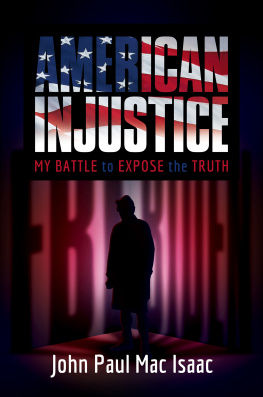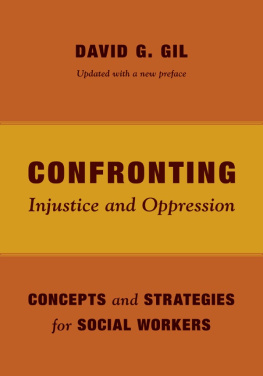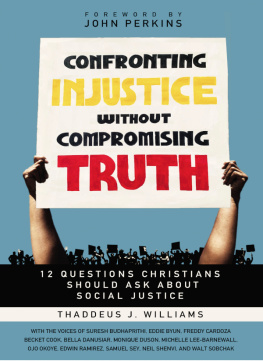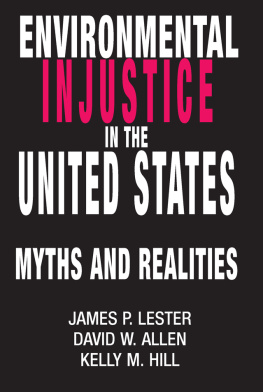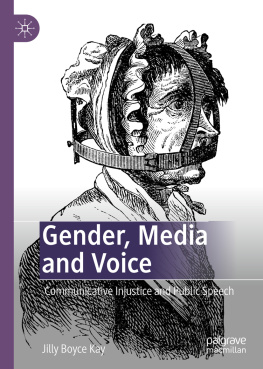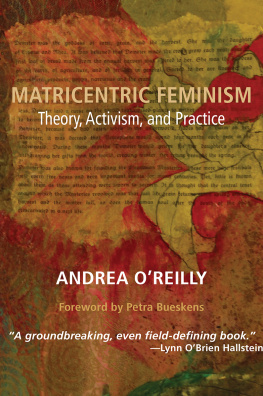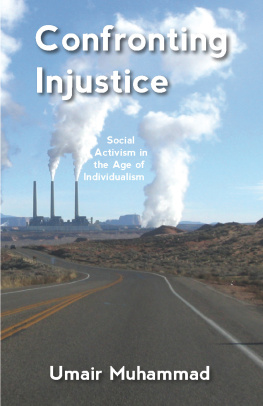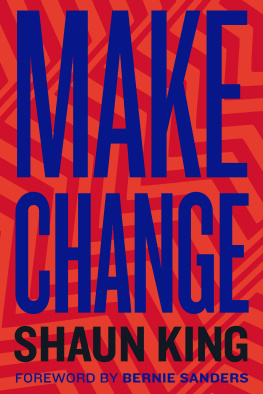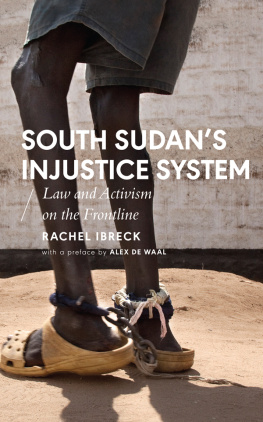Maternal Activism
SUNY series, Praxis: Theory in Action
Nancy A. Naples, editor
Maternal Activism
Mothers Confronting Injustice
DANIELLE POE
Published by State University of New York Press, Albany
2015 State University of New York
All rights reserved
Printed in the United States of America
No part of this book may be used or reproduced in any manner whatsoever without written permission. No part of this book may be stored in a retrieval system or transmitted in any form or by any means including electronic, electrostatic, magnetic tape, mechanical, photocopying, recording, or otherwise without the prior permission in writing of the publisher.
For information, contact State University of New York Press, Albany, NY
www.sunypress.edu
Production, Eileen Nizer
Marketing, Michael Campochiaro
Library of Congress Cataloging-in-Publication Data
Poe, Danielle.
Maternal activism : mothers confronting injustice / Danielle Poe.
pages cm. (SUNY series, praxis: theory in action)
Includes bibliographical references and index.
ISBN 978-1-4384-5571-6 (hardcover : alk. paper)
ISBN 978-1-4384-5572-3 (ebook)
1. MothersPolitical activity. 2. WomenPolitical activity. 3. MotherhoodPolitical aspects. 4. Political participationMoral and ethical aspects. I. Title.
HQ759.P585 2015
306.874'3dc23 | 2014017093 |
10 9 8 7 6 5 4 3 2 1
Dedicated to Claire Poe:
Thank you, Mom, for your support of my work
And for always inspiring me!
Contents
Acknowledgments
Earlier versions of the following chapters appeared originally in the following publications. A version of was modified from Mothering Against the Norms: Diane Wilson and Environmental Activism in Incarcerated Mothers: Oppression and Resistance , edited by Rebecca Bromwich and Gordana Eljdupovic, Toronto, Ontario: Demeter Press (2013). I gratefully acknowledge each of these presses for allowing me to reprint the modified versions of my work here.
I would like to thank the University of Dayton, Department of Philosophy and the College of Arts and Sciences for supporting the work I have done on this book. In particular, Dean Paul Benson who encouraged me to apply for a sabbatical in order to complete this work, and Professor John Inglis, Department of Philosophy, who was also instrumental in helping me to apply for a sabbatical to complete this work.
Within the Department of Philosophy, I would like to thank Professor Patricia Johnson, who was instrumental in creating a department that values diverse philosophical perspectives and strong representation of women philosophers. She, along with Professor Marilyn Fischer, read drafts of my work over the years and they have been mentors in the philosophy profession and within the University of Dayton.
My thanks also go out to Diane Dunham and Karen Slattery; their attention to detail and quick turnaround while editing helped make this book possible.
Biography as Philosophy
The Power of Personal Example for Transformative Theory
As I have written this book, my kids have always been present in some way. Sometimes, they are literally present because they are beside me playing, asking questions, wanting my attention. Other times, they are present in the background of my consciousness because Im thinking about the world they live in and the kind of world I want them to live in. Our life together is probably familiar to many U.S. middle-class women: I work full-time, the kids go to school full time, and our evenings and weekends are filled with a range of activities with which we are each involved. We stay busy with our individual activities, but we also come together for dinner most nights, we go on family outings, and we enjoy our time together. As much time as I do spend with my kids, I constantly feel guilty for not doing enough with them since I also spend significant time preparing for classes, grading, researching, and writing while Im with them. Along with many other women, I feel the pressure of trying and failing to balance mothering and a career.
Although I feel as though I could be a better mother and a better academic, I also have to concede that I lead a privileged life as a woman and mother. Mothers around the world would love to have the luxury of providing for their childrens physical and mental well-being. In the Ivory Coast and Ghana, children are used as slave labor to harvest cocoa beans for chocolate (Bitter Truth; FLA Highlights; Hawksley; The Food Empowerment Project). In Uganda, children are kidnapped for military service where they are tortured and forced to commit atrocities (Lords of Woe; History; Bangura; Doom; Lane; Vindevogel). In Peru, childrens health has been devastated by the mining of heavy metals, which has produced high levels of sulfur dioxide and lead (Fraser). Mothers in these countriesand mothers who face poverty, violence, and racism in the United Statesface daily uncertainties about whether their children will be safe, fed, and healthy.
My heart aches for these children and these mothers, especially when I stop to consider the daily life of my children and me contributes to their suffering. As part of the U.S. middle-class, to say nothing of the wealthy, we go through our daily routines without thinking about the supply chain that produces our goods. We fail to think of the children who produced the soccer balls and the chocolate we enjoy. Far too many of us have no idea that the people who mine the materials used to make our computers, cell phones, and mp3 players are exploited and oppressed. Yet, simply feeling sad for others plight and guilty for my own role does nothing to stop the exploitation and the violence those mothers and children face every day, so I find myself constantly searching for ways to critique this system of injustice, to raise questions about the lives of people impacted by my acts, and to create a just, peaceful world. Moreover, I want to use my experience as a mother to cultivate the connection between myself and other mothers and their children. In order to foster this connection, I began by looking for other U.S. mothers who recognized systemic injustice, critiqued the injustice, and worked to make the world more just.
Molly Rush, Michele Naar-Obed, Cindy Sheehan, and Diane Wilson
In my search for what it means to be a mother who cares about the suffering of others and acts to alleviate that suffering, I discovered four mothers whose experiences led them to care about the plight of people around them, both those in their own communities and those across the world. Even more importantly, that care led them to act to change the injustice they discovered. By focusing on individual mothers and the implications of their stories, I found that the critiques of essentialism receded since they each have particular ways of assessing and responding to the injustice that they discover. Their responses share features with other women and mothers and can provide inspiration and insight without imposing a universal standard of what it means to be a mother.
The contributions of particular mothers is important because it addresses a tension that runs through scholarship about organizations built on the idea of a natural connection between mothering and peace. The tension is between the idea that mothers have a special insight into the destruction that war causes and that such an insight relies on oppressive stereotypes about women and mothers. Michelle Moravec articulates this tension in her article Another Mother for Peace: Reconsidering Maternalist Peace Rhetoric from a Historical Perspective, 19672007 (2010). Moravec argues that Ultimately, while motherhood provides an emotionally resonate call for motivating peace activists, it undercuts the political efficacy of women working to end war (10). Her argument is that groups such as Another Mother for Peace and CODEPINK (we can also add GSFSO) use essentialist descriptions of mothers to try to garner support for the peace movement. She does grant that the examples she uses in this article also undermine essentialist categories, but she maintains that overall these groups and individuals are reduced to making essentialist claims. She further argues that this strategy backfires because their message is ultimately ignored by the media or reduced to pity for an individuals suffering, both of which fail to incite critical conversations about militarism and structural injustice. Moravec suggests that to raise these conversations women must be part of coalitions larger than those defined by maternalism (2229).





